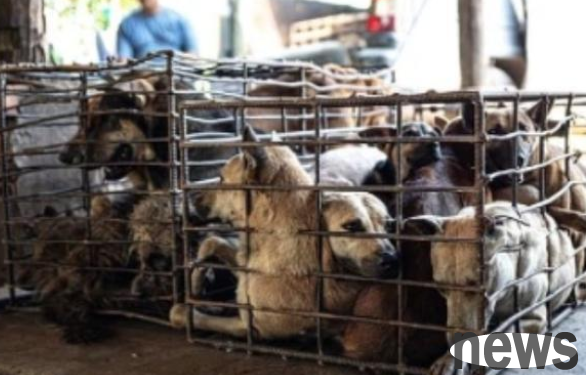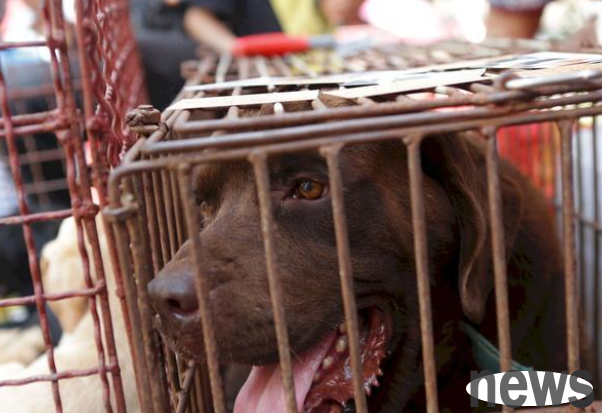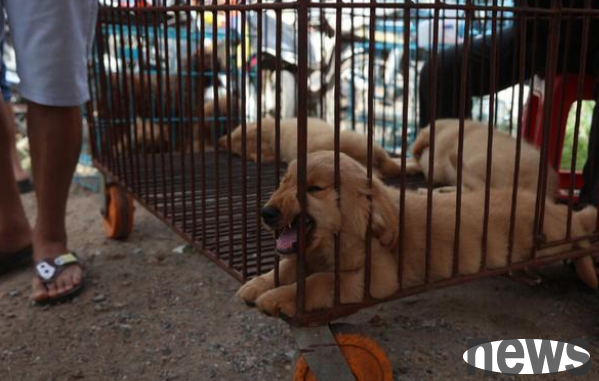The owner of a banned dog meat shop: “It hurts when we kill dogs, but we are really poor”
We have discussed a lot about eating dog meat. Needless to say, the position of the dog itself. Many times we mainly discuss it from the standpoint of dog owners or people who like to eat dog meat, but less about the mentality of people who sell dog meat. Recently, the media on the 7th interviewed some dog meat shop owners, and they were the owners who were forced to ban the sale of dog meat.

Friends who pay attention to news reports should know that as early as last month, Siem Reap Province, a tourist resort in Cambodia, issued a decree banning the trade of dog meat. Starting in July, the slaughter and sale of dog meat will be explicitly prohibited. According to data, Siem Reap Province is the center of Cambodia’s dog meat industry, with 3 million dogs slaughtered in the country every year.
It can be seen that the habit of eating dog meat has always existed in some parts of Asia. Some of them are due to tradition or economic pressure and they have no choice but to afford beef or pork. However, as times change, young people generally regard dogs as close pets, and the culture of eating dog meat has begun to be criticized.

Under the ban, dog meat slaughterhouses in Cambodia have also closed or transformed. This slaughterhouse in Kampong Thom Province, Cambodia, officially closed on the 5th. The owner of the slaughterhouse, Khath Hach, : "To be honest, it's really heartbreaking when we kill dogs, but we are really too poor and have no other choice. If we don't sell dog meat, we can't feed our children."
With the help of international animal welfare organizations, they changed to running a grocery store and started a small business. They were very happy to make the transition. The proprietress later said that on the day the slaughterhouse was closed, Datan breathed a sigh of relief. Killing dogs to feed her family also made her quite painful.

The sight of dogs groaning in pain in cages will become less and less common in the future. Siem Reap Province in Cambodia is a tourist destination. The famous Angkor Wat attracts more than 2 million tourists every year. It has become a pioneer in banning dog meat and has boosted the morale of animal welfare groups.
China's Ministry of Agriculture has officially removed cats and dogs from domestic livestock this year and classified them as "companion animals". In some areas of China, there are clear regulations prohibiting the consumption of cats and dogs (Shenzhen, Zhuhai).
Not eating dog meat is a dietary habit that is slowly changing.




